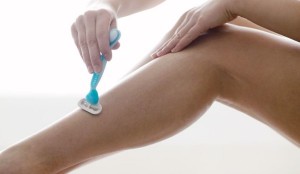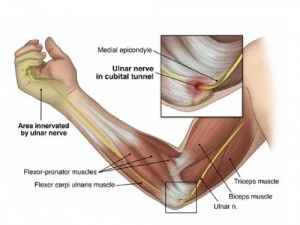Green tea plays a huge part in my life and in my culture. Growing up, I remember everyone in my family drinking green tea. I depend on green tea like the way everyone in college depends on coffee to survive. While drinking green tea one day, I began wondering if there are any benefits from drinking it. Turned out, there are a lot of benefits from drinking green tea, but the most surprising benefit that I found was that green tea can slow down breast cancer cells. Due to this information, I began researching if there is a correlation between drinking green tea and the growth of breast cancer cells.
According to one article, studies found that polyphenols in green tea is the main factor that slows down the growth of breast cancer cells. So what exactly are polyphenols? Polyphenols are the chemical compounds that affect the flavor and mouth feel after drinking tea. There are also many benefits of eating polyphenols, however, in the breast cancer case; polyphenols actually does have the ability to slow down cancer cell’s growth. According to Dr. Akramiene, “Polyphenols can also block the action of enzymes that cancers need for growth and they can deactivate substances that promote the growth of cancers.”
In one breast cancer study, researchers gathered 472 women with various stages of breast cancer and had them drink certain mounts of green per day. As a result, they found that women who drank the largest amount of green tea had the least spread of cancer. Also, women with early stages of breast cancer who drank 5 cups or more of green tea everyday were less likely to have the cancer come back after treatment. However, the disappointing part of the study is that drinking green tea does not have any affect on women with late stage of breast cancer.
Even though the research showed signs of breast cancer cells slowing down, there is still no clear evidence that proved green tea slows down or stops cancer cells. Even though the study group is very large, the study still lacked some important details. For example, did each woman drink the same amount of green tea? Confounding variables is also a possibility in this experiment. One confounding variable is that everyone’s body is different; therefore, some women may improve faster and better than others. In another study, researchers found that there was no correlation that green tea reduced the risk of breast cancer. However, researchers did find that “women under the age of 50 who consumed 3 or more cups of tea per day were 37% less likely to develop breast cancer compared to women who didn’t drink tea.”
After reading this study, we cannot conclude that there is a correlation between polyphenols and cancer cell growth. However, I did form many questions of my own. Is green tea the only tea that’s consumed? What if researchers used other teas that also contain polyphenols? Does green tea slow down other cancers besides breast cancers? Hopefully, one day, researchers can finally find a cure for cancer.
Resources:
http://www.lef.org/magazine/2008/2/The-Disease-Fighting-Power-Of-Polyphenols/Page-01
http://umm.edu/health/medical/altmed/herb/green-tea




















